Do you know why the Americans use the word Fall when they’re talking about Autumn? Yes, you got that right: almost all the leaves fall in the Autumn. Most of them anyway.
If you’re a homeowner and you have trees growing on your property, now is the right time to deal with the problem of fallen leaves. When I was a kid I enjoyed jumping up and down in huge piles of leaves, right before my parents and their neighbors set them on fire. I used to love that smell of burning leaves, it still reminds me of the coming winter.
Back in the day, people were minding their own business, now everything is about pollution and global warming… Heck, I think somebody would call 911 if I’d try to burn some leaves in my backyard.
Moving along with the story, I must tell you that there are ways to use dead leaves for constructive purposes, rather than see them as a back breaking problem or setting them on fire. I’m saying that because fallen leaves are actually a huge and rarely exploited natural resource, a real blessing if you’re well versed in the forgotten arts of using fallen leaves.
Let’s start with some hard facts: when talking about landscape waste, about 50% of it is made of tree leaves. Along with other stuff like grass clippings, tree branches and what not, approximately 20% of the solid waste “produced” in your state (if you’re a Southerner at least) is represented by landscape waste.
The obvious question is why would you throw away a valuable natural resource, wasting valuable landfill space and spending lots of money in the process instead of using the fallen leaves as…well, there are LOTS of ways for managing/using fallen leaves.
Let me enlighten you on some of them, keep reading folks!
The first thing to do if you want to use dead leaves for your homestead is maybe the most annoying and time consuming: you must rake them up!
On the bright side, since falling leaves usually make a huge mess, you can comfort yourself with the thought that you must do this anyway, so take it as a fun outdoor work out, suited especially for strengthening your core, your legs and your arms.
As far as physical exercise goes, nothing beats a hard day’s work, trust me on that! If you don’t want to do it by hand, you can use a lawn sweeper machine to collect the leaves, a much faster and more efficient way to do it but without the health benefits.
Rake up as many leaves as humanly possible and before starting your “prepping”, dive in, jump around, play a little bit, remember your childhood days. After that, let’s see what you can do with them, shall we?
Video first seen on Grow Veg.
1. Dead leaves make for terrific compost (organic stuff that went through a natural decomposition process, rotten plant matter basically), along with other landscape waste, such as pine needles, grass clippings, spent garden plants, weeds and what not. Compost is a great byproduct of fallen leaves and can be used for enriching the soil in your garden with zero costs. You should know that pound for pound, leaves contain the double amount of nutrients when compared with manure and just the leaves of one large tree will save you $50 worth of humus/plant food.
If you have enough space in your backyard, just make a nice pile of leaves and let them to sit around and rot for 6 months (give or take). After that, you’ll be pleasantly surprised to see that they magically turned themselves into the best kind of organic, bio, homemade, rich in nutrients compost, excellent for your potted plants or your garden. If you don’t have enough space, you can shred the leaves, thus reducing their volume and also considerably accelerating the time required for the “magic” breakdown into compost.
For composting to take place, it requires organic material (dead leaves in our case), air, water, microorganisms and little bit of nitrogen. All of them are abundant in nature, so you don’t have to worry about it.
For a guaranteed/successful composting “experience”, you must do two things: add some nitrogen into the mix and grind or shred the leaves. By shredding the leaves, they will turn into compost quicker and they’ll be easier to handle/store. To shred the leaves you’ll need a rotary mower, if you don’t have a dedicated shredder to begin with.
The best natural supplement of nitrogen is manure and if you make a “combo” of 5 to 1 (leaves/manure) when composting, you’re golden. If you can’t get manure, you can use dried blood instead, cottonseed meal, Agrinite or even “lower grade” nitrogen sources like garbage, green weeds, ground corn cobs, straw or sawdust. Nitrogen is an essential item in the process of making the compost heap to heat up and leaves don’t contain enough nitrogen by themselves (nitrogen provides the “energy source, the food for bacteria that is responsible for the decomposing process to take place).
When making a pile for composting, it would be great to put the “stuff” (leaves/manure/source of nitrogen) into layers and keep the heap moist but not “dripping”. Also, don’t forget to turn the heap (if possible) once every 3 weeks or so; in this way, in the spring you’ll have the finest compost “money can buy”.
A useful tip for when composting is to cover the heap with a plastic sheet, thus keeping the warmth in and the moisture out (From the rain or what not).
Not all kinds of leaves are created equal for composting .There are good leaves and bad leaves : those lower in lignin and high in nitrogen and calcium are the good types (cherry, ash, elm, willow, maple, poplar, linden) and the bad ones : birch, beech, oak, hornbeam, holly, magnolia and sweet chestnut are high in lignin and low in calcium/nitrogen.
Video first seen on Desert Sun 02.
2. Mulch is another leaves based fertilizer for your plants, just like compost, but it works in a different way. Basically, mulch can be defined as a material that is put on the soil surface in order to improve its fertility (leaves based organic mulch that is). As leaves start decomposing, there will be no need for additional fertilizers for your plants and also, mulch helps a lot in maintaining the soil humidity (its ability to retain the humidity inside the soil can be described as miraculous), thus reducing the need for supplemental irrigation.
Mulch also keeps the plants warm in the winter and cool in the summer (it acts as a buffer) and inhibits the weeds growth (it works as a natural herbicide). Leaves based mulch is best when used grinded/shredded and put around trees, shrubs or even left on your lawn.
Mulch is a great source of nutrients, just like compost, but avoid leaving whole leaves on your lawn, as they may interfere with photosynthesis.
3. Insulation is another great use for falling leaves. Just put the (dried) leaves in plastic bags and stack the bags around the exterior walls of your shed, garage or basement and in the crawl spaces underneath your home (if any). In this way, you’ll keep down the heating bills for the winter.
You can protect your outside containers from frost by surrounding the pots with the same plastic bags filled with leaves.
Also, if you place dead leaves under your tent/sleeping bag when camping, you’ll obviously sleep more comfy but they’ll keep you warm too, by providing insulation from the ground.
4. You can directly add leaves on the bottom of planting containers, thus providing them with a significant nutrient boost and saving $ on humus/potting soil.
5. Or you could use the fallen leaves to make biofuel for your rocket or wood stove, which is another great way to keep down your heating bills.
Just remember, don’t throw your dead leaves away, it’s a waste of time and money. Instead, use them as an abundant, natural resource that gives you a richer soil at virtually no expense.
This article has been written by Chris Black for Survivopedia.


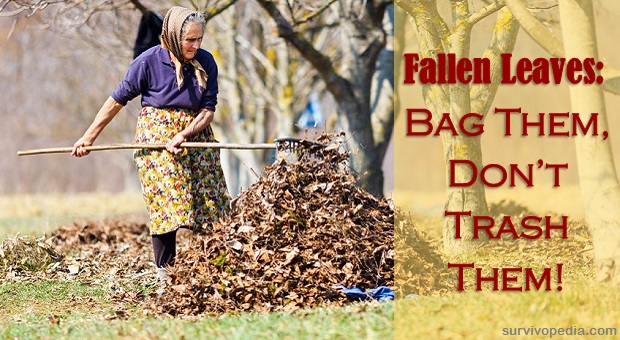

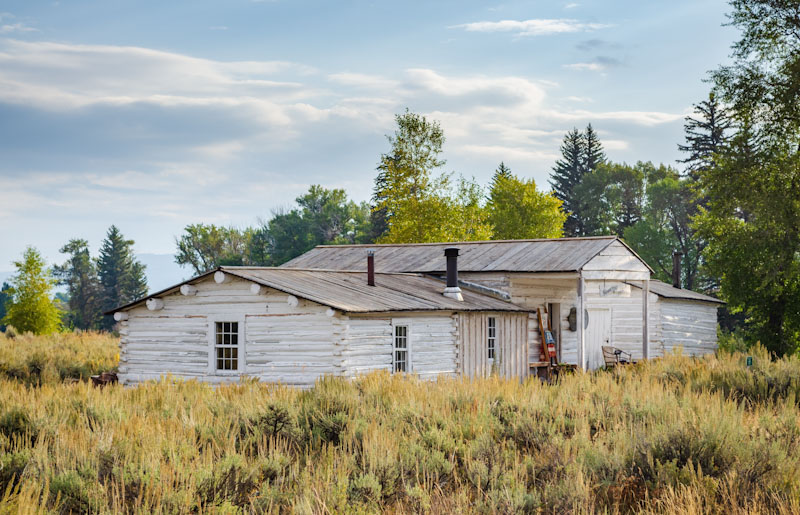
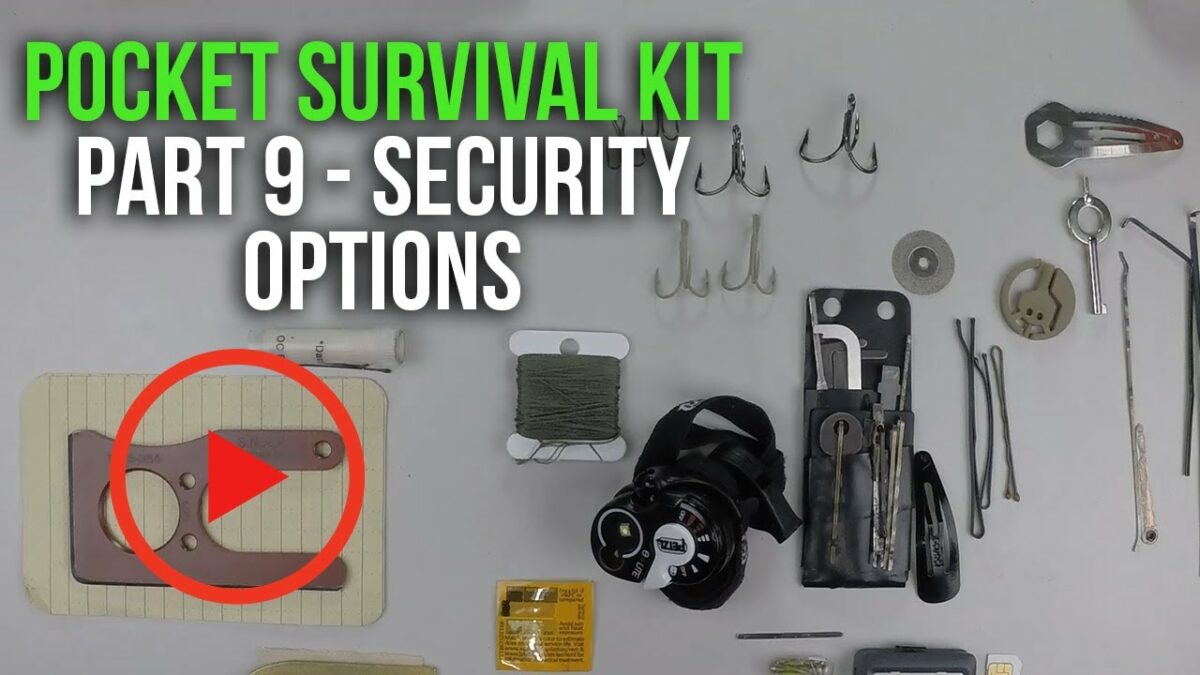
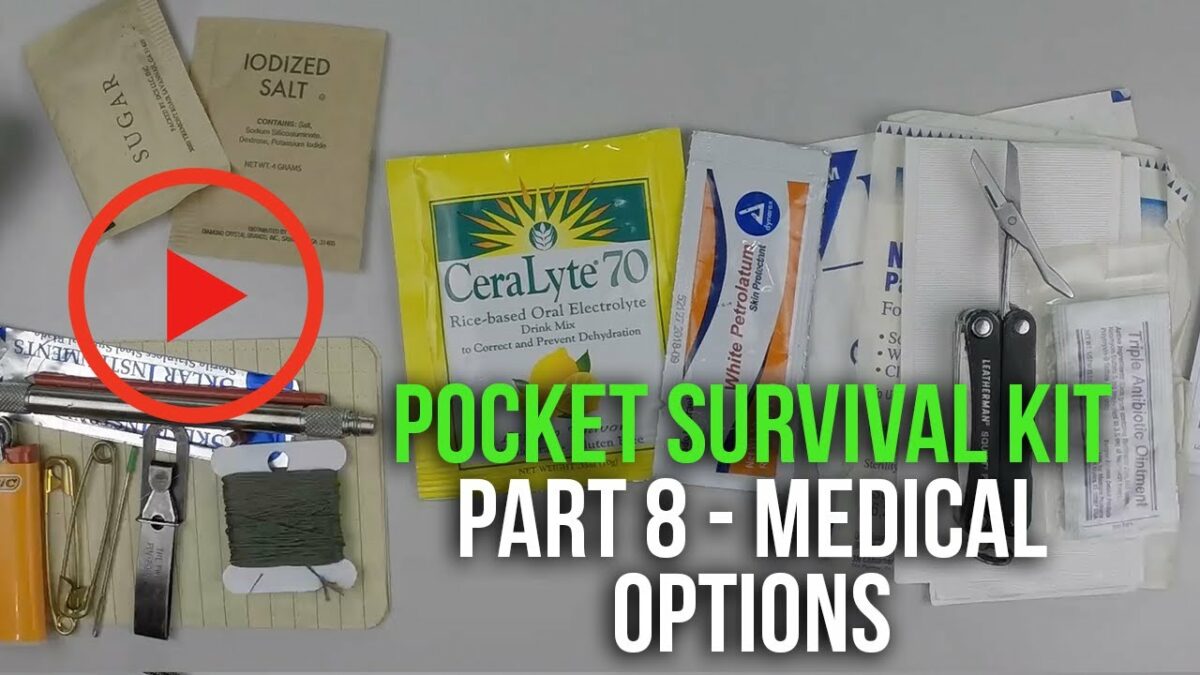
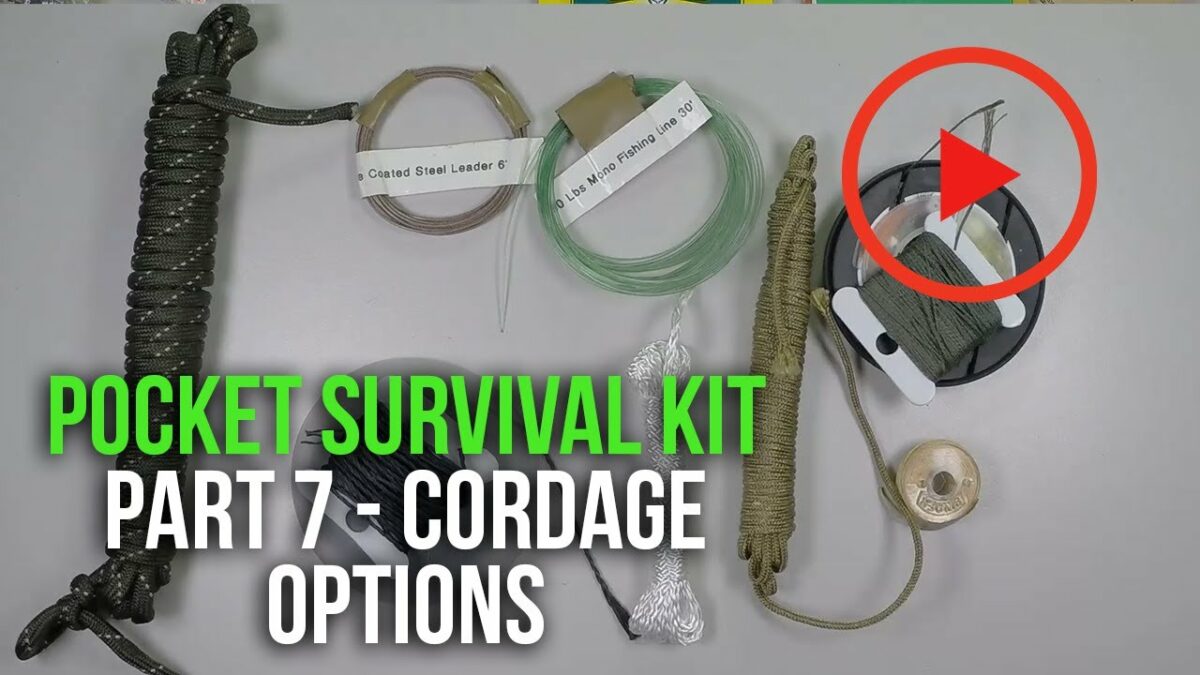


Pingback:Fallen Leaves: Bag Them, Don’t Trash Them! | Survivalist Basics | Be Prepared For Anything! | November 9, 2014
|
Pingback:Fallen Leaves: Bag Them, Don’t Trash Them! | TheSurvivalPlaceBlog | November 10, 2014
|
T. Gene Davis | November 10, 2014
|
I have a mulcher mower, so I usually just mow them back into the lawn. However, they would make awfully good compost. I might start raking them, instead of mowing them.
Pingback:Rotating Crops When Planning Your Next Year Garden | Survival skills, survival guns, survival guide | November 12, 2014
|
Pingback:Rotating Crops When Planning Your Next Year Garden | Survivalist Basics | Be Prepared For Anything! | November 12, 2014
|
Pingback:Rotating Crops When Planning Your Next Year Garden | The Prepper Dome | November 12, 2014
|
Pingback:DIY Organic Mulch For Your Survival Farm | Survival skills, survival guns, survival guide | November 21, 2014
|
Pingback:DIY Organic Mulch For Your Survival Farm | The Prepper Dome | November 21, 2014
|
Pingback:Fallen Leaves: Bag Them, Don’t Trash Them! | December 10, 2014
|
Pingback:Heating Using Compost? Why Not? | Survival skills, survival guns, survival guide | March 2, 2015
|
Danny Burrows | June 26, 2015
|
Great article. Additional resources that I found for my organic farm and gardening (see my web site http://www.bigoaksranch.net) are on the internet. It is a youtube video called “Back to Eden”. It will supplement your info on composting and organic gardening and growing your own food.
Pingback:Vermiculture - Basic Guide for Beginners | Survival skills, survival guns, survival guide | July 1, 2015
|
Pingback:20 Early Spring Edibles: How and When to Grow Them | Survivopedia | February 29, 2016
|